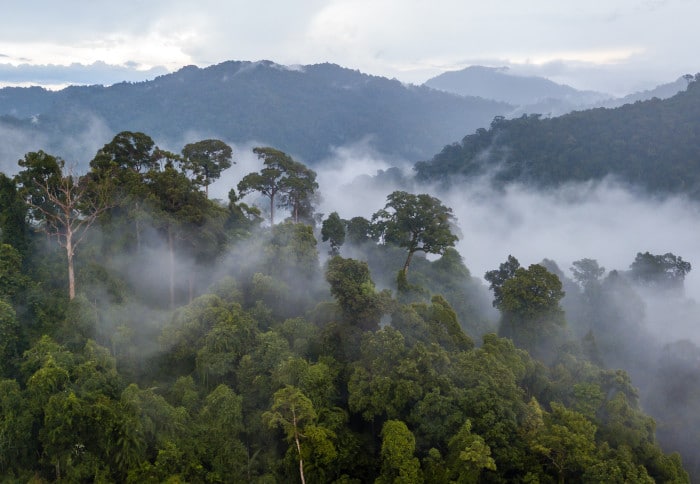In India, one-in-four people directly rely on forests for sustenance. However, more than 40% of forests in the country are facing degradation and depletion of resources such as quality of air, soil and water. The flow of forest products and services for equitable economic growth is very important.
In response to this, the Ministry of Environment, Forests and Climate Change (MoEFCC), Government of India and the U.S. Agency for International Development (USAID) have partnered for a five-year initiative – the Forest PLUS 2.0 Programme. The program focuses on developing the tools and techniques to encourage sustainable forest landscape management.
The vision of the program is to develop and implement a tool to track timber movement and activity, with the aim of preventing illegal timber logging and encouraging sustainable forestry practices.
Stakeholders involved
The Kerala Forest and Wildlife Department, Government of Kerala, State IT Dept, Government of Kerala, USAID, Timber Owners, Sawmills, and other Buyers in the supply chain.
Geo-Tagging Timber Supply

The timber (assets) was geotagged at the origin points and QR codes were generated for unique identification and easy tracking. The assets were then smoothly traced at various checkpoints to ensure compliance and lawful transit of timber from source to immediate destination.










